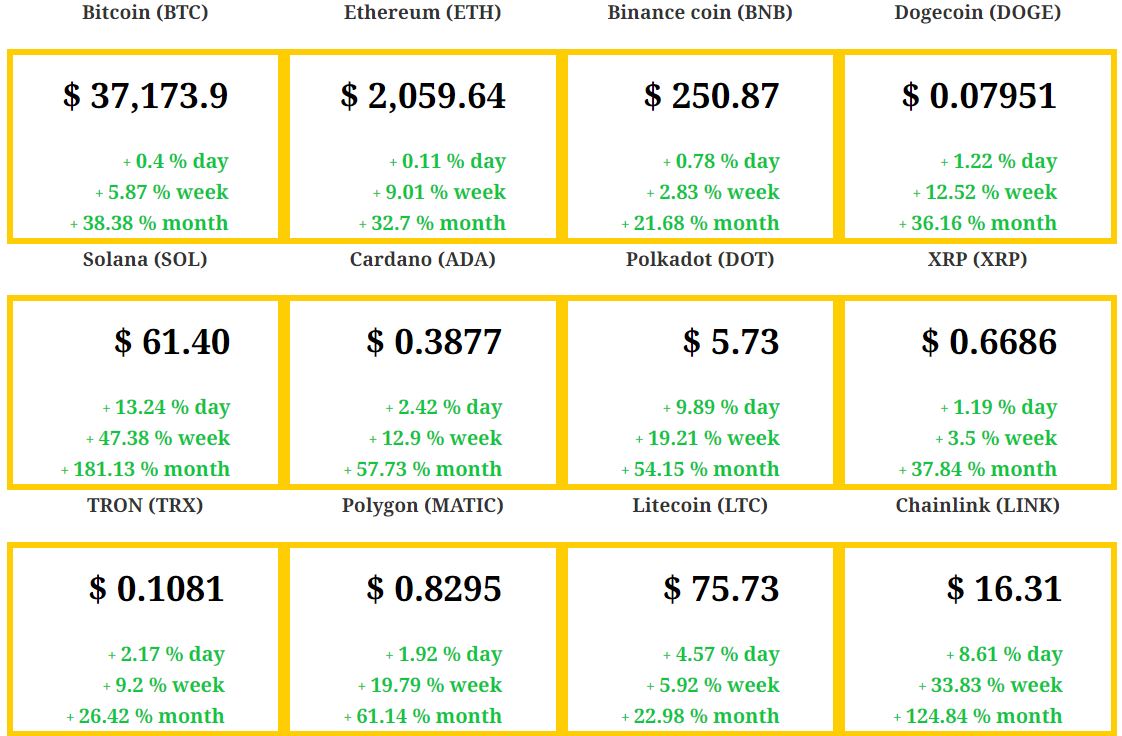
What factors are determining the price of Bitcoin we will learn below
How is Bitcoin valued?
Market forces of supply and demand are the factors that influence the price of Bitcoin. Prices usually fall when there are more sellers or vice versa.
Bitcoin is a digital currency, not issued by any government or regulatory body, as opposed to fiat currencies such as the US dollar, British pound, euro, and Japanese yen. To create, store, and move BTC, a distributed network of users and cryptographic protocols are required.
Investors make BTC transactions directly instead of through an intermediary entity. Peer-to-peer networks remove transaction restrictions and streamline commerce. Satoshi Nakamoto first proposed the world’s first cryptocurrency in 2008 and officially launched it in January 2009.
The number of businesses accepting Bitcoin is increasing day by day, giving it real market value. However, this digital currency is severely hampered by security issues and volatility. Even at the height of its popularity, it is difficult to find precise answers to common questions like what determines the value of Bitcoin, who sets the price of Bitcoin, and whether Bitcoin has intrinsic value. or not?
Just like the prices of other goods and services, market dynamics of supply and demand determine the value of Bitcoin. The price is likely to increase if there are more buyers than sellers and vice versa. Furthermore, it should be noted that the price of Bitcoin is not determined by a single entity and it is not possible to trade it in a single location. Based on supply and demand, each market or exchange rates the top cryptocurrency.
What factors can affect the Bitcoin price?
There are various factors that affect the price of Bitcoin, including BTC supply and demand, competition from other coins, news, production costs, and regulation.
Supply and demand
As a rule, market forces of supply and demand work together to determine the market price and quantity of a particular good. For example, the demand for an economic good decreases as the price increases and sellers will produce more of that good, or vice versa.
The halving event impacts the Bitcoin price as the supply of BTC decreases while the demand increases. Due to the high demand, the price of BTC is also higher.
Furthermore, Bitcoin was created by Satoshi Nakamoto with a fixed limit of 21 million coins. In other words, miners will no longer receive new Bitcoins to validate transactions when the capitalization reaches that limit. Halving block rewards every 4 years may not affect the price of BTC at this time. Instead, the factors that will determine the value of Bitcoin are real-life applications.
Competition and news
BTC faces competition from altcoins like ETH and meme coins like DOGE, making portfolio diversification attractive to investors. Any upgrade from existing cryptocurrencies could push the price of BTC down, in stark contrast to the scenario where Bitcoin is the only digital currency. Due to news from the media, you may want to buy digital currency with a positive outlook and ignore assets with a murky future.
Production cost
The cost of producing Bitcoin includes the cost of infrastructure, the cost of electricity to mine, and the difficulty of the mathematical algorithm (indirect costs). Different difficulty levels in BTC’s algorithm can slow down or speed up production, impacting Bitcoin’s supply, which in turn affects its price.
Regulations
Cryptocurrency regulations change constantly and vary widely in countries like El Salvador accepting it as legal tender while China officially bans trading. Prices may fall if concerns arise about a particular government’s decision. In addition, haphazard regulation will scare off investors, further reducing the value of Bitcoin.
Why is Bitcoin price so volatile?
The uncertainty about BTC’s intrinsic and future value makes it a highly volatile asset.
The amount of new coins created every day decreases because there is only a finite amount. To maintain a stable price level, demand must match this rate of inflation. The Bitcoin market is quite small compared to other industries and news alone can cause prices to rise or fall. For example, news that Tesla is willing to accept BTC will push its value up or vice versa, causing the market to fluctuate.
Similarly, a tweet noting that the Bitcoin blockchain is halted will cause the value to plunge and the volume of transactions to follow. So, considering the high volatility, can the price of Bitcoin go to zero? Technically, the answer is yes. For example, the price of BTC is not pegged to any fiat currency like the US dollar or any other real-world asset so it is prone to value collapse. However, algorithmic stablecoins like UST can also cause chaos in the market.
On the other hand, if such a catastrophic event were to happen in the case of BTC, more red signals, such as an extended bull market, would appear in advance for investors to protect their funds. Also, the complex Bitcoin architecture is not easily destroyed. However, scalability issues could put its future at risk. But, that doesn’t mean the price will suddenly drop to zero.
What if Bitcoin price drops to zero?
If the price drops to zero, it will impact traders, institutional investors, the prices of other cryptocurrencies, crypto businesses, and the entire financial system.
Now, assuming BTC plunges to zero, it will affect the prices of other coins. As a result, many investors will withdraw (in whole or in part) to cut their losses, depending on their investment type.
Large institutional investors may be at particular risk as more and more large investors diversify their portfolios. The people with the most exposure are those who invested at recent highs or engaged in derivatives, and they will need to liquidate other assets to execute margin calls.
Customers can lose confidence in a system that seems to be collapsing, affecting businesses like Coinbase, Binance… as these exchanges depend on customers for transaction flow to generate revenue and capital/investment. investment for development. Investments in the company may also cease completely or decrease significantly. Worse, those businesses are no longer even able to hire, pay, or attract the people they need to run and expand.
Furthermore, at least temporarily, the contagion could impact the rest of the financial system due to:
– Downward pressure on other assets, such as assets selling off to raise money to meet payroll obligations, margin calls, maintaining facilities, etc.
– Increasing the amount of bad debt or bad debt due to default in the context of loss of revenue and capital.
Source: Cointelegraph
















